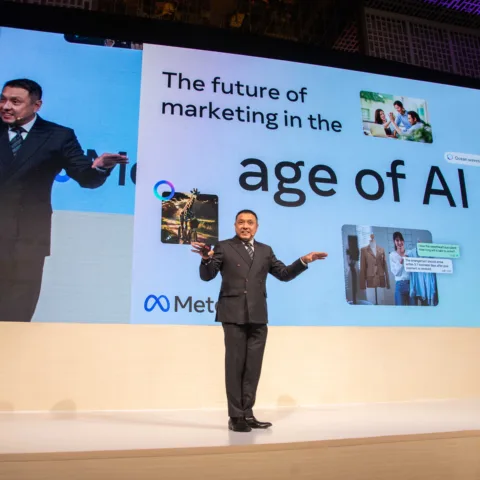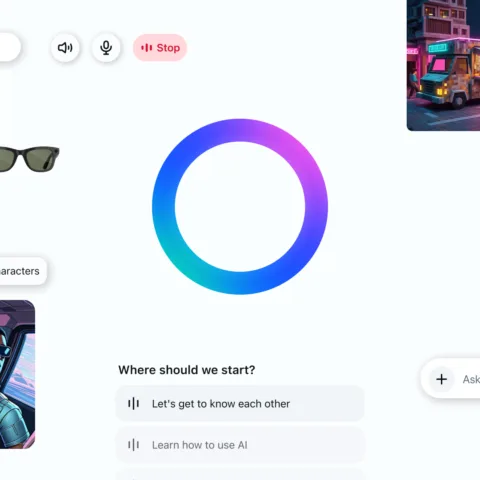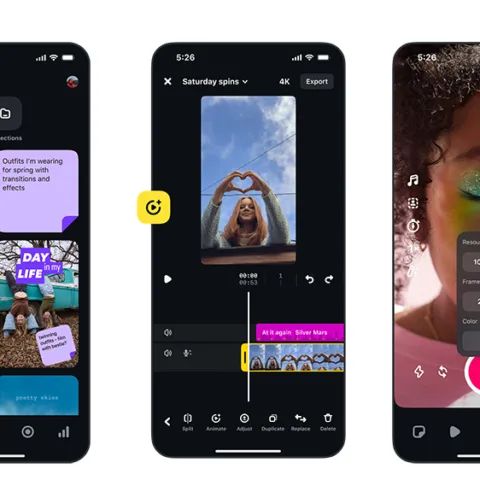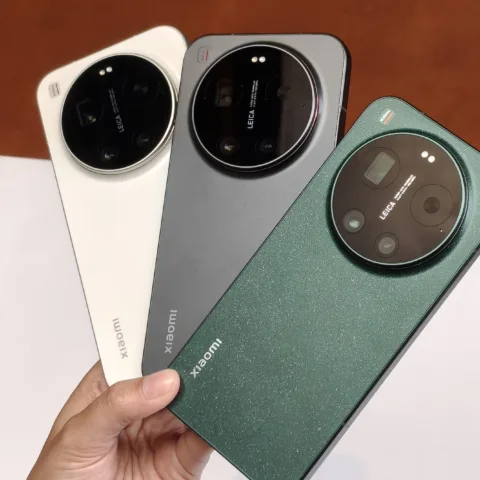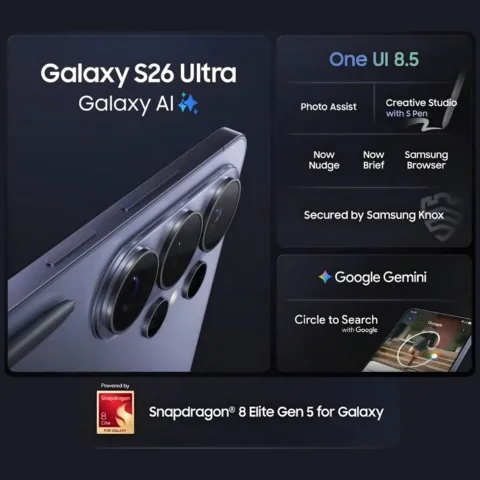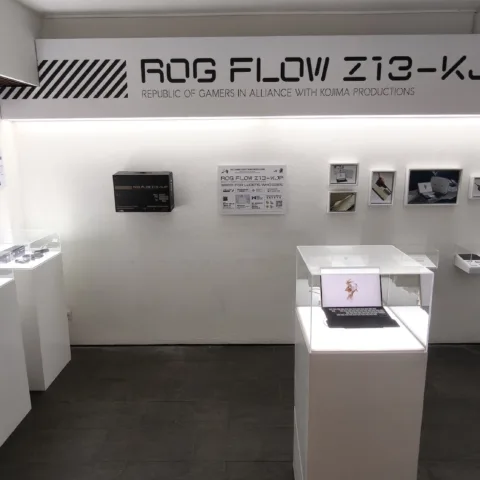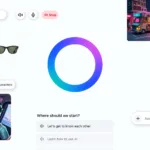 [Editor’s note: The infamous Treespotter has always been an astute and sharp observer of what is going on in Indonesia. Beginning today, The Treehouse at DailySocial will be host to Treespotter’s public thoughts and remarks with regards to technology, enterprise, startups, and the media. As Treespotter is not an employee of DailySocial his views and comments may not necessarily reflect that of DailySocial. Regardless, we are thrilled to have his column. Welcome to The Treehouse.]
[Editor’s note: The infamous Treespotter has always been an astute and sharp observer of what is going on in Indonesia. Beginning today, The Treehouse at DailySocial will be host to Treespotter’s public thoughts and remarks with regards to technology, enterprise, startups, and the media. As Treespotter is not an employee of DailySocial his views and comments may not necessarily reflect that of DailySocial. Regardless, we are thrilled to have his column. Welcome to The Treehouse.]
There’s an interesting piece from the BBC – on Google’s increased attention on Asia – the shifting gravity as BBC puts it. The article itself didn’t mention Indonesia, it was mostly about China. Google got kicked out of China for doing the right thing. For many foreign players, China is an increasingly competitive market, true on the internet just as it’s true in textile: China now outsource clothes manufacturing to Vietnam. If you think textile was worrying, this is a whole different league.
With the explosion of mobile internet users, Indonesia is the new Vietnam and there are signs of market excitements everywhere. Indonesia has one of the largest Facebook population and the Twitter capital of Asia (not quite right – Ed), declared @UniLubis while live tweeting from World Economic Forum at the Shangri-La.
No less than President Yudhoyono himself addressed Twitter and Facebook in his speech last week (on the subject of slander). His Government capitulated to one million Facebook users two years ago. The citizens of Yogya mobilized communities in Yogyakarta during a rift with Jakarta and the power of the internet works wonders. I spent the weekend in Yogya and in a totally unscientifical survey, the people of Yogyakarta equivocally declared that the President’s Partai Demokrat has no chance of winning anything in upcoming elections. It’s also now one of the most wired city in Indonesia. Something is obviously happening in a grand scale. Not quite the riotous uprising in the Middle East but there’s certainly something happening.
After years of hypes and vaporware, Indonesia is about to have its own internet generation. This is where an entire generation leaps with its own breakthrough – either to rise up against their mad dictators – or to gain from the direct availability of technology to the population. Cellular networks are now common for most of the population of Asia. Unlike in the Middle East or China, South East Asia has a thriving telecommunication market in the last two decades. Indonesia’s largest telco is a public company and still mostly controlled by the Government but the domestic competition is intense. Regional bandwidth was expensive twenty years ago and the fibre nodes were nowhere near capacity, now the race is up to wire the entire archipelago from Hong Kong, to the Philippines, Indonesia, Singapore, Thailand, Vietnam and Australia.
Ask anyone, the internet business is now a legit business. An Indonesian company doing cheap handsets – using Chinese parts but with strong and well executed Indonesian marketing across the islands – was sold for 175 million USD to the Spice Group in March.Those Mangga Dua – Ambassador type of phone malls are up across Southeast Asia. Ask anyone who travels around doing this stuff. The McKs and EYs and the banker types are aggressively directing the efforts although the real winners are some of the local players. In Vietnam and Singapore the Government essentially controlled the leash on the largest players but Singaporean conglomerates are now so diverse and entangled internationally its hard to imagine that they could get away with so much money at stake.
The Groupon deals across Asia – essentially a race between them and Living Social and somebody else and everyone else – put unheard of valuations across the region but anyone who had witnessed the Vietnam scene could testify that this is merely the beginning for Indonesia. I should invite Dmitry to lend his opinion but let me put this for size: in Vietnam, the largest daily deal player employs approximately 400 people to serve three cities. Indonesia is about to have at least five times the size. That’s a lot of employment.
Eduardo Saverin and Michael Sampoerna and Martin Hartono and everybody else in the young tycoon class are putting real money and effort in building real internet business. The first generation Internet startups are cashing out. Anindya Bakrie is taking his media group public (Full disclaimer, I’m an Investment Committee member at Nusantara Incubation Fund where Anin is the principal). Rama has a list of some of the better known players in the market.
A very big deal is in the works with the Para Group, Amir Karimuddin says its probably the highest profile. I think it’s a bad deal in whatever price if the founders lose control of their company. Unlike Kaskus and Koprol – both essentially consumed by the larger groups – they should just take the company public.
Technology is now cheap enough and with little barrier to entry. Unlike the Western technologies with tight government controls, Chinese manufacturers are more aggressive than ever. The entire third world countries are covered with cheap technology and functional gadgets. An e-commerce player enabling electronic remittance in rural areas are doing hundreds of thousands transactions a month – in areas where they don’t have bank accounts but the farmers are readily equipped with their cellular phones. Next generation cheap tablets are about to enter the market – Nexian already sell cheap locally branded smartphones, their chat network is the largest competition for BlackBerry in Indonesia.
Both for startups and farmers, citizens must now adopt technology and organize themselves differently, utilizing the best tools now available to them, to improve their lives and make it better. There’s a fascinating story about how the rebels seized Ghaddafi’s telco network and create Free Libya a mesh national network. CFR has an excellent edition on the New Arab Revolution, it doesn’t touch Indonesia but it’s not hard to imagine the impact in peace time.
A lot of this will be about doing this the right way and of course, by hoping that the government wouldn’t screw it up too much. As deals increased in size and intensity, comes scrutiny and as always, potentially a lot of disruptive government meddling. It’s time to go beyond the factoids of social network explosions and national trending topics and realize the benefits of the internet. Some of these stuff were not available to all ten years ago.
Anyway, exciting times. I will be writing mostly about media and technology and other stuff here and will make an effort to respond to comments below.
Have a happy July, all.
Image is Puff Doggy by Daniel Peacock. Used by permission via the author.

